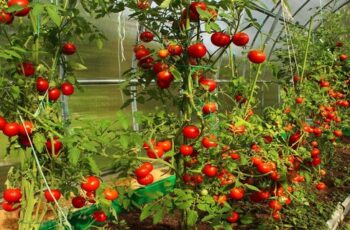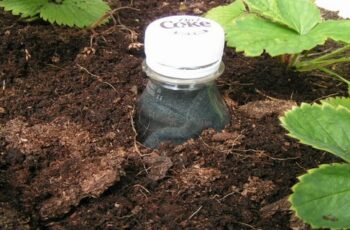Ad Blocker Detected
Our website is made possible by displaying online advertisements to our visitors. Please consider supporting us by disabling your ad blocker.
4. Help Heal Mouth Ulcers
Like irritation on the outer skin, mouth ulcers can benefit from the skin-healing, drying, and antimicrobial properties of plantain weed tea.
Those with mouth ulcers should use a few tablespoons of the tea (cooled to room temperature) in the mouth 3-4 times per day until the sores close up and heal.
3. Anti-toxins
You’ll be delighted to learn that broadleaf plantain naturally draws out toxins from bee stings and insect bites. It’s also an effective defense against poison oak, ivy, and sumac says Natural Living Ideas. Apply crushed leaves directly to the affected site as soon as possible.
2. Anti-microbial
Broadleaf plantain contains aucubin, a powerful anti-microbial, reports Natural Living Ideas. This is yet another reason why you’ll want to keep a DIY plantain salve on hand to disinfect cuts and scrapes. You can also use the salve to spot treat acne.
1. Enjoy the Nutritional Benefits of This Leafy Green
Jordan and Kyla (R.H.N.) Miller writes on GreenMedInfo.com that when the leaves of the broadleaf plantain are young (appearing in the early spring), they can be rinsed and eaten raw the same way one would eat spinach.
As the leaves get older, they tend to get tougher and must be chopped and cooked before they can be eaten, much like collard greens or mustard greens. The taste is comparable to that of Swiss chard, according to the authors.
Seeds from the plantain weed are also nutritious. They can be finely ground and used as a flour in loaves of bread and pancakes, among other dishes, and they add protein. Plantain leaves are a good source of vitamin A, vitamin C, vitamin K, and magnesium.
The leaves are also quite high in fiber, which is why they’ve been used as a home remedy for constipation; they serve as a natural laxative. In fact, broadleaf plantain is related to psyllium, a plant commonly used in over-the-counter laxative preparations.
Final Thoughts
As an edible herb, plantain weed is thought to be safe for most people to use topically and internally, including children. Those who have outdoor allergies may find their allergies triggered by the pollen, but even these people should be able to use well-rinsed plantain weed leaves with little or no problems.
Not enough study has been done to determine conclusively that the use of broadleaf plantain weed is safe for those who are pregnant and/or breastfeeding, although anecdotal evidence suggests that it is no riskier than other green, leafy vegetables.
If you have any questions or concerns about using plantain weed as a home remedy, talk to your health care provider before using it.
[adinserter block=”5″]
[mashshare]

